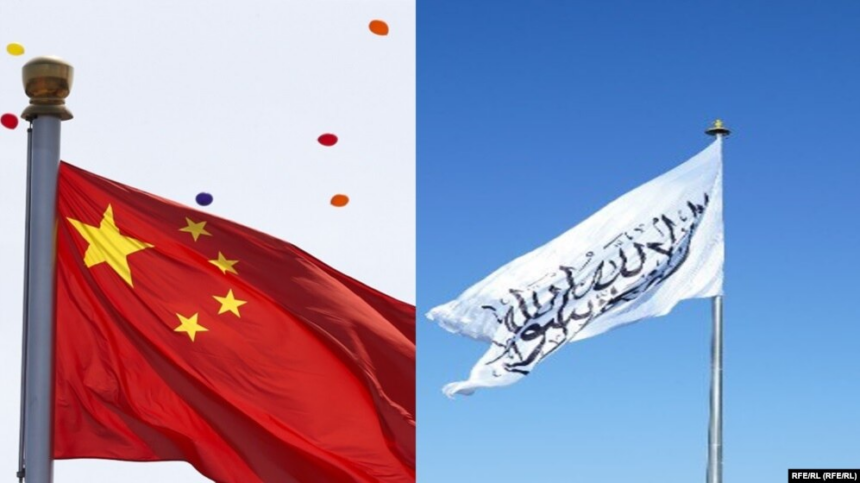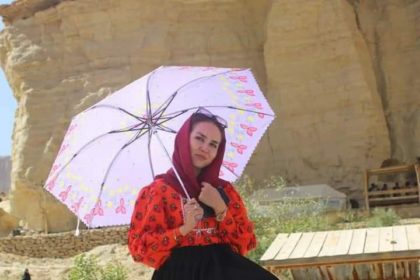RASC News Agency: As Kabul endures the suffocating weight of the Taliban’s rigid cultural, social, and religious constraints, the city is witnessing an unusually conspicuous and unrestrained presence of Chinese nationals. So prevalent is their visibility that some residents quip: “Every ten steps, you encounter a Chinese visitor.” RASC correspondents, conducting field reports from various parts of the capital from Gol Sorkh Square to Karte Seh, and from Shahr-e-Naw to Dasht-e-Barchi have documented the remarkable freedom with which Chinese nationals move about. Without any apparent escort or interpreter, they stroll through markets, cafes, guesthouses, and the few operational shopping centers snapping photos, making purchases, and appearing entirely unbothered by the heightened atmosphere of control.
According to local sources and direct observations, Chinese citizens have also been attending late-night gatherings that blatantly contravene the very laws the Taliban enforce on Afghanistani citizens. These gatherings reportedly involve music, the consumption of alcoholic beverages, use of mild narcotics, and even dancing hosted in residential properties rented specifically to Chinese occupants. A resident of the Wazir Akbar Khan district, speaking under condition of anonymity, shared with RASC: “Every night, loud music can be heard from a house that’s been rented to Chinese nationals for months. The Taliban police are fully aware, but no one dares to intervene. It’s as though these residences operate under a separate, untouchable jurisdiction.”
In the course of compiling this report, our journalist spoke with numerous Kabul residents. Farishta Nouri, a resident of District Four, lamented: For us, even listening to a song on a mobile phone can get us in trouble. But for the Chinese, it seems everything is permitted. This is not justice. If laws exist, they should apply equally to all, not just to the defenseless people of this country.”
Hamidullah Sarfaraz, a shopkeeper in Shahr-e-Naw, added:
“We’ve lived here for twenty years and never once enjoyed the freedoms these foreigners do. They have no security detail, no translators. They shop freely, haggle over prices, laugh openly. It leaves me wondering who is protecting them?”
Najib Hoshang, an expert in international relations, offered this analysis:
“The Taliban have deliberately turned a blind eye to the illegal activities of Chinese nationals in hopes of cultivating economic ties and attracting Chinese investment. This is a silent transaction one where the Afghanistani people pay the cost.” This juxtaposition paints a tale of two realities: one of a silenced majority living under daily fear and restriction from music to modest fashion choices and another of a privileged, foreign minority seemingly exempt from all regulation. The Taliban’s calculated silence in the face of this double standard provokes serious questions regarding the group’s commitment to justice, national dignity, and their true intentions toward the Afghanistani populace.






